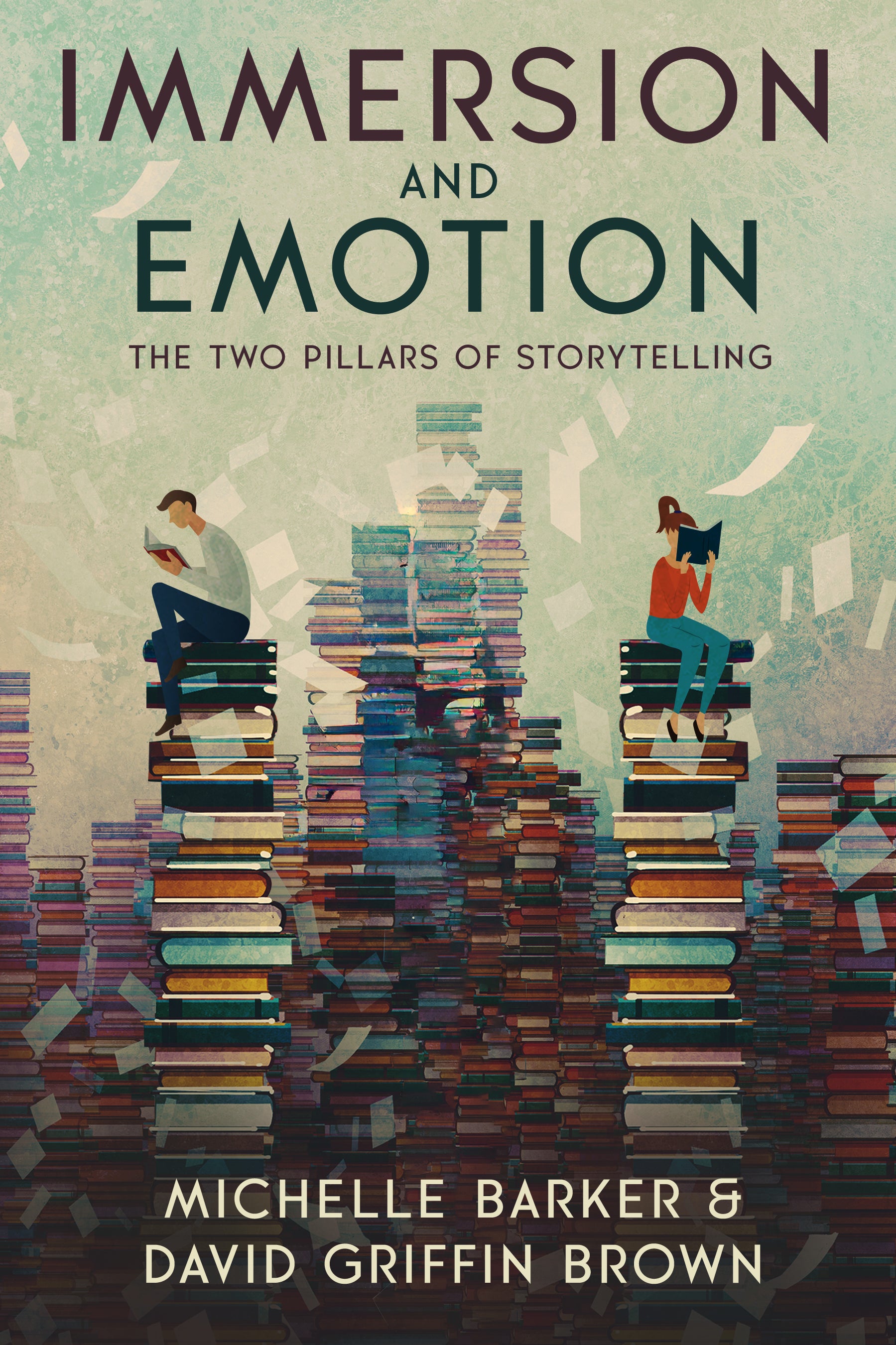Book Broker – An interview with Jess Dallow

Agent: Jess Dallow
Website: http://browerliterary.com/
Preferred genres:
Nonfiction; YA, MG and adult; diverse fiction, LGBT and #OwnVoices; women's fiction; mystery, thriller and true crime; romance and romantic comedy; horror; contemporary; and magical realism. [From MSWishlist.com]
1) What stands out in a good submission?
A great hook. Starting right off the bat and getting into the story and knowing how to highlight your plot points while making it interesting is always something that stands out to me. But for me the most important thing is your first chapter (which I request in all initial submissions). It should make me want the next chapter immediately. It should introduce your characters and their personalities by showing the reader the way they interact with others or the environment they’re living in. It’s just a first chapter, but it needs to grab the reader. If I’m hooked by the first sentence, the first page, or the first chapter, I’ll be requesting a full.
2) What is the most common error or flaw you see in query letters?
I’m not a fan of when a query letter begins with a rhetorical question, but the biggest flaw I’ve seen is when an author does the query in first person for a fiction novel. It’s confusing at times and doesn’t have the impact you want it to.
Also, some people think that a synopsis and a query letter are the same. They are two separate things. A query letter should be the hook of your story. Who is your protagonist? What is their story? What is the inciting incident and the stakes for your character? Who is their antagonist. This description should only be 100-200 words. You want to also include a short bio about yourself (it doesn’t matter if you don’t have publications in your past; what’s your job now? Do you have animals? Kids?) and the genre you’re writing, age group (target audience), and your word count.
A full synopsis is a more detailed version of your entire story and should include spoilers. It’s a complete version of your story.
3) What's a typical warning sign that a manuscript isn't ready for representation?
Of course if there are typos and a lack of punctuation, it’s not ready. One or two typos is fine – we all miss something – but it should still be looked over. There also needs to be an arc to the story and to your protagonist’s journey.
If the manuscript is over a certain word count (for me, personally, 120k is a lot, but anything over 130k can surely be cut down… at least in your debut novel) it means that it most likely hasn’t been edited. You want to make it as tight and concise as possible.
4) What advice can you give to writers who are submitting their work?
Keep submitting, even if you get rejections. Writing is so subjective and not every agent is going to like your manuscript and request it. It doesn’t mean it’s not good or you’ll never get published. Publishing is also a waiting game. It can take a while to hear back. In the meantime, start working on something new. Always be writing and always be reading.
And most importantly, be kind. If you get a rejection from an agent, don’t respond and tell them they’re wrong. I know this sounds like common sense, but you’d be surprised!
5) Are there any recent changes or trends in the publishing industry that you think authors should know about?
Thrillers in general are doing well right now, which is great since I’m definitely looking for one. It seems like rom-coms are coming back a bit which I love seeing. But the industry is always changing. Every genre becomes oversaturated and dies off a little and then comes around again. An author should always write what feels right to them because they can write what’s popular but either not have an understanding for it or by the time they finish and get an agent it can be on its way out again.
6) You've just decided to represent an author and the contract is signed. What steps do you take to prep the manuscript for submission to publishers?
I’ll read it again and do an editorial letter that has all my notes in it. I’ll send it to my client and have them do revisions. I often prefer for them to take their time on it because rushing tends to make for more edits. After all rounds of edits are done and it’s ready to go out, I compile a list of editors who will be a great fit and write my pitch and then go out.
7) What's the best (non-client) book you've read recently, and how did it hook you?
Daisy Jones and the Six by Taylor Jenkins Reid. I’m generally not an audio book listener, but I was told it was amazing so I listened. It’s like a Behind the Music on VH1 and the characters and behind-the-scenes drama captured me. The entire book is just interviews and yet the characters shined. I fell in love with the people, the band, the story. I recommend it to literally everyone I meet.
8) Can you tell us about an exciting author you're working with at the moment?
I like to think all my authors are exciting, but I have a client who is working with Alloy on a YA project and it sounds like it’s going to be a lot of fun and just a really great story. I’m looking forward to the world seeing it.

Want some assistance with your query letter and synopsis?
Check out our query-critique service.







